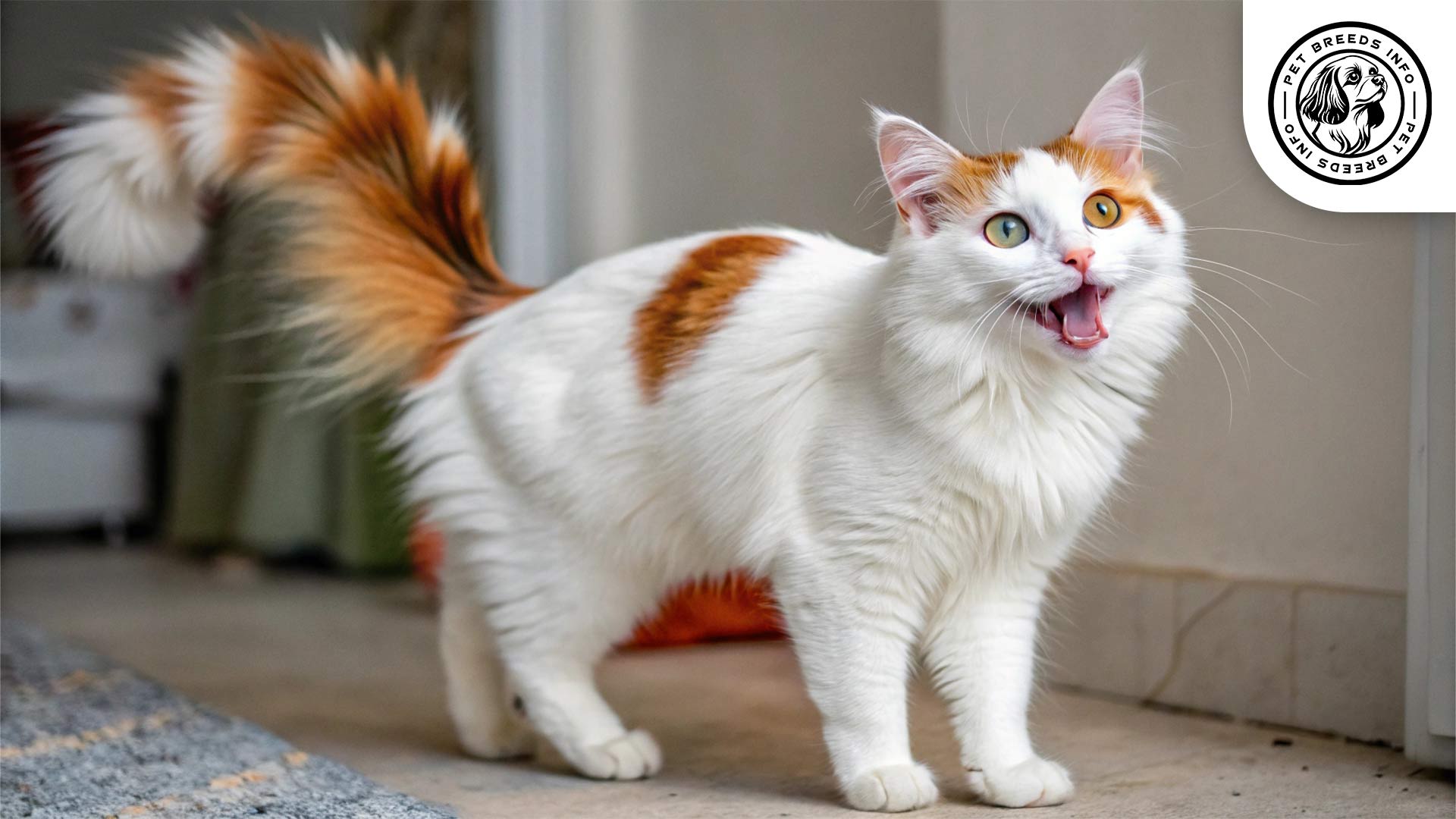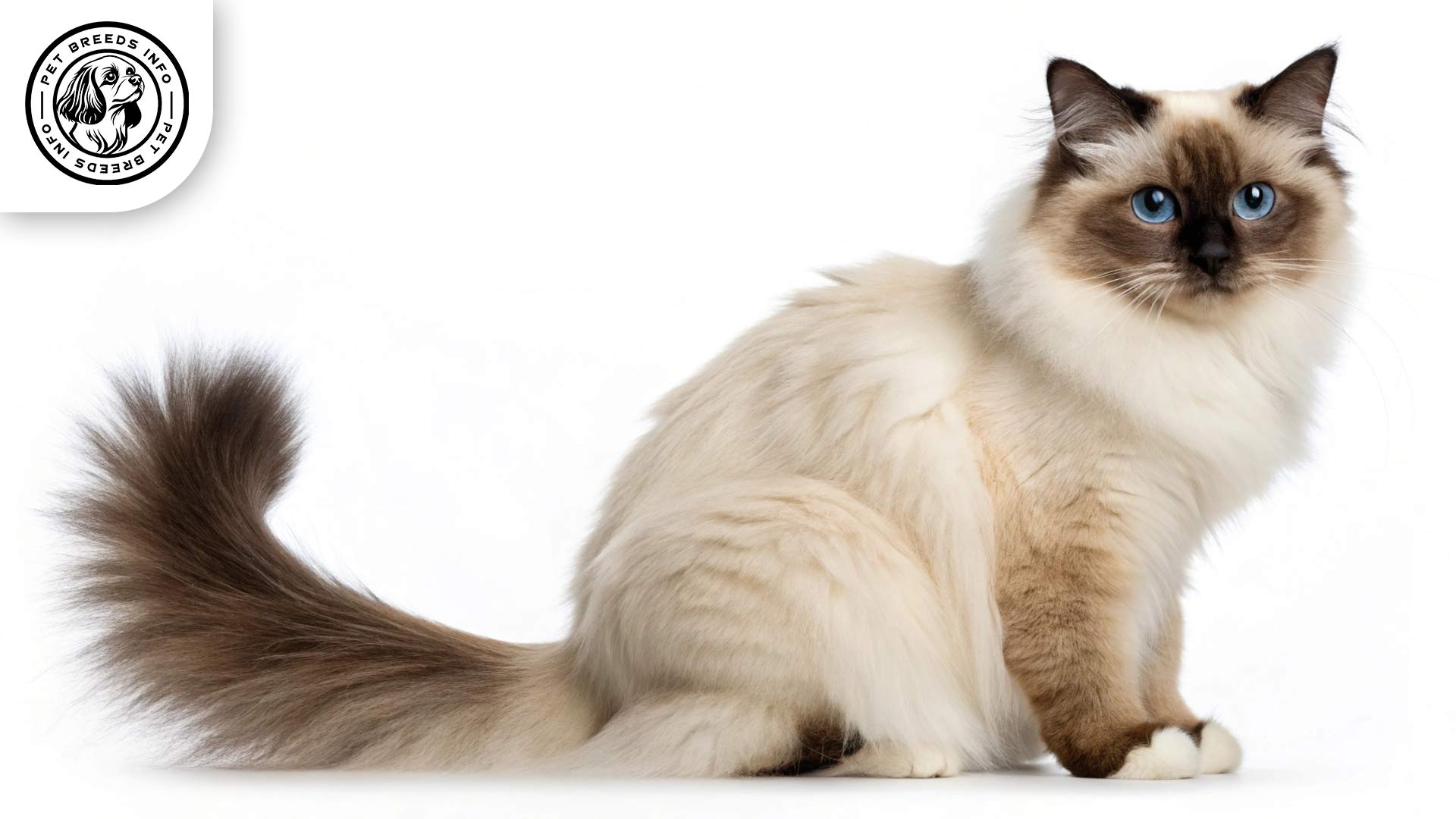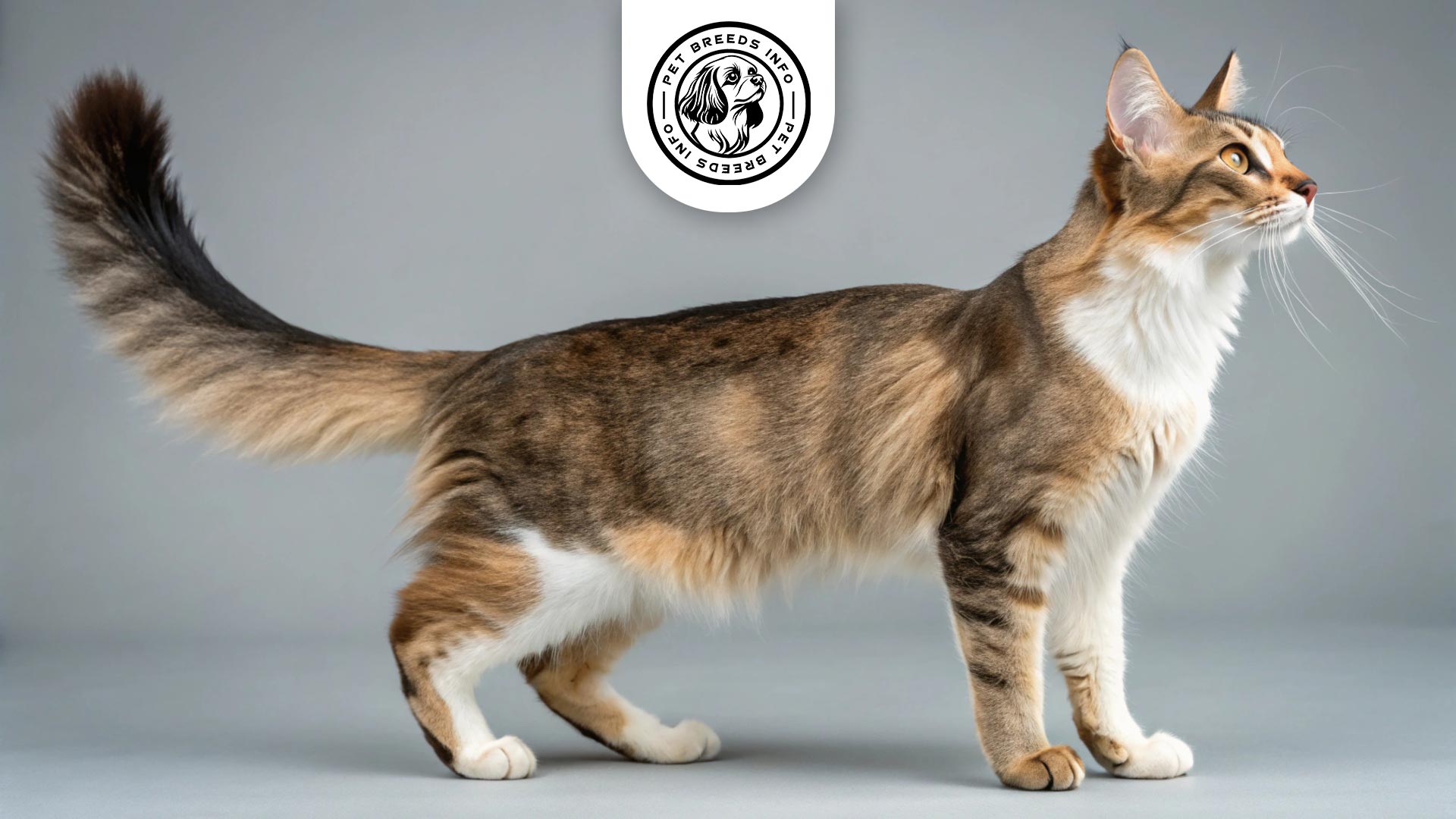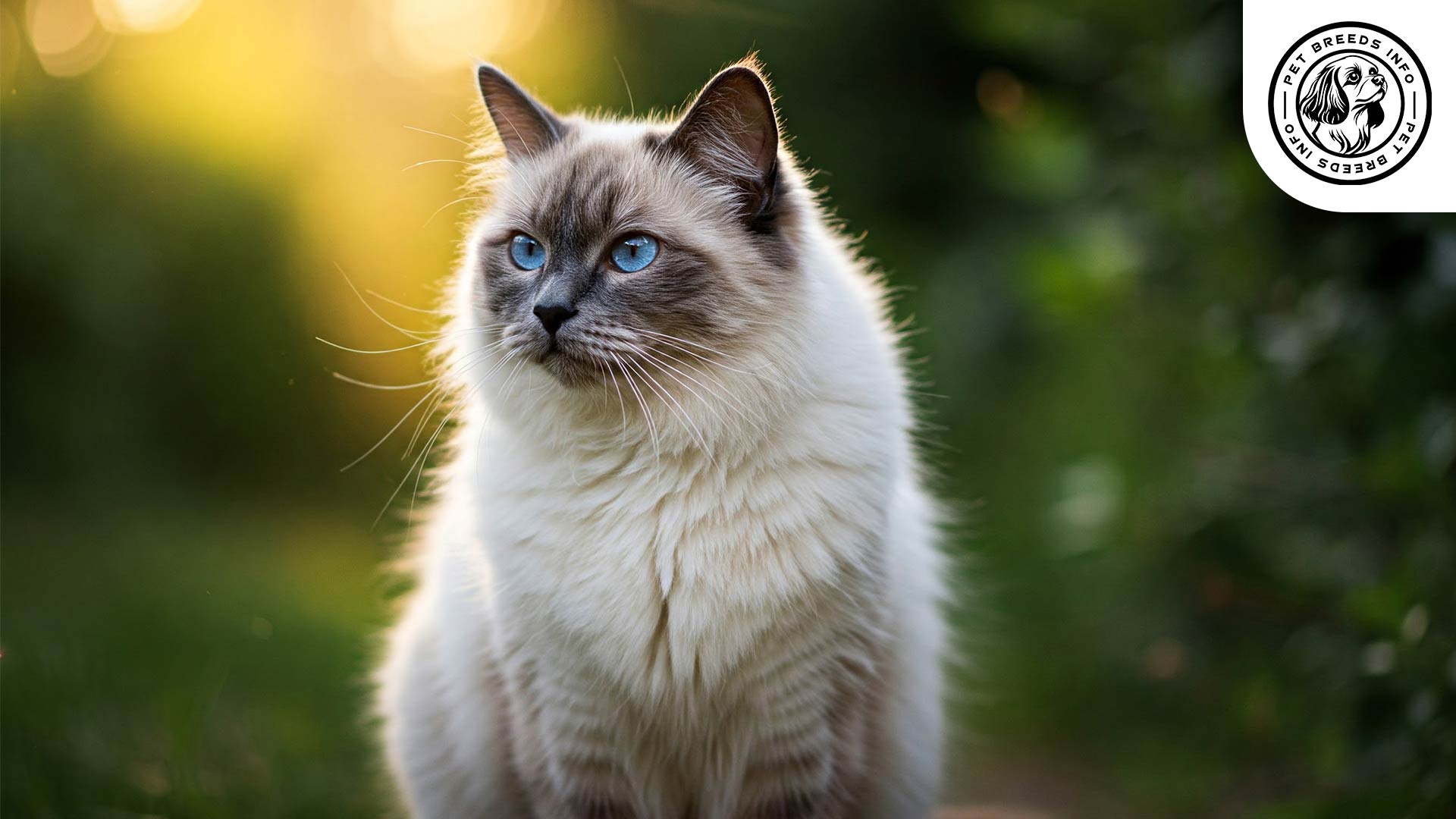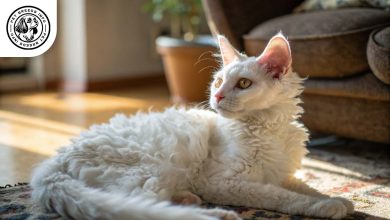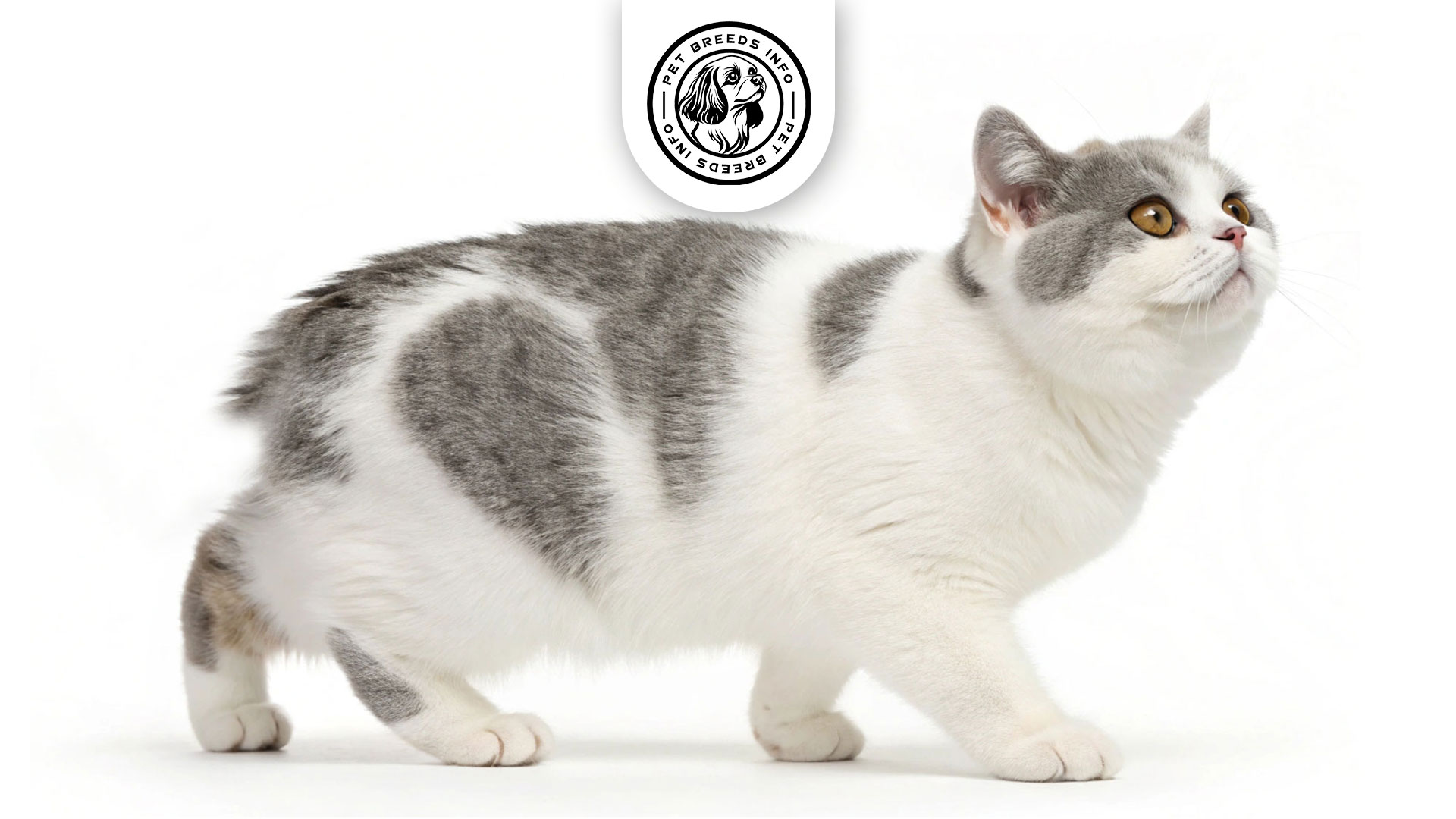Turkish Van Cat Breed: Size, Health, Price & Personality
General Introduction of the Breed
The Turkish Van, often referred to as the “swimming cat,” is a captivating and ancient breed originating from the Lake Van region of Turkey. Renowned for its striking appearance and playful personality, this breed has been cherished for centuries, with its unique “Van pattern” a predominantly white coat with colored markings on the head and tail making it instantly recognizable. Officially recognized in the mid-20th century by Western breeders, the Turkish Van combines elegance, intelligence, and an unusual love for water, setting it apart from other feline breeds. Its robust, muscular build and semi-long, water-resistant coat make it a favorite among cat enthusiasts seeking a lively and affectionate companion.
This breed’s vibrant energy and curious nature make it ideal for active households. Turkish Vans are not only intelligent and quick to learn but also form strong bonds with their owners while maintaining a touch of independence. Whether splashing in water, climbing to high perches, or engaging with interactive toys, the Turkish Van brings a dynamic presence to any home. For those considering adding this unique feline to their family, understanding its care needs and social tendencies ensures a rewarding companionship that highlights the breed’s storied heritage and distinctive charm.
The Turkish Van is a lively, intelligent cat with a unique water-loving trait and striking "Van pattern" coat, ideal for active homes.Quick Overview
Affectionate - 85%
Independent - 80%
Intelligent - 90%
Sociable - 75%
Vocal - 50%
Shedding - 60%
Energetic - 95%
76%
100
| Common Name | Turkish Van |
| Scientific Name | Felis catus |
| Origin | Lake Van region, Turkey |
| Size | Males: 10–20 lbs (4.5–9 kg); Females: 7–12 lbs (3–5.5 kg) |
| Lifespan | 12–17 years |
| Talking Ability | Moderate; not overly vocal but may meow to communicate or seek attention |
| Colors | White with colored patches (red, cream, black, or blue) on head and tail |
| Noise Level | Low to moderate; generally quiet unless seeking attention or during play |
| Social Behavior | Affectionate yet independent; bonds with family, cautious with strangers |
Table of Contents
Physical Characteristics
The Turkish Van is a large cat with a muscular build. Males typically weigh between 10 to 20 pounds, while females range from 7 to 12 pounds. They have a semi-long, soft coat that lacks an undercoat, making it water-resistant. The breed is famous for its “Van pattern,” which consists of a predominantly white body with color markings restricted to the head and tail. Eye color can be amber, blue, or odd-eyed. Their ears are moderately large and slightly rounded, while the tail is bushy and well-furred. One of the most distinctive traits is their affinity for water, a rare characteristic among cats.
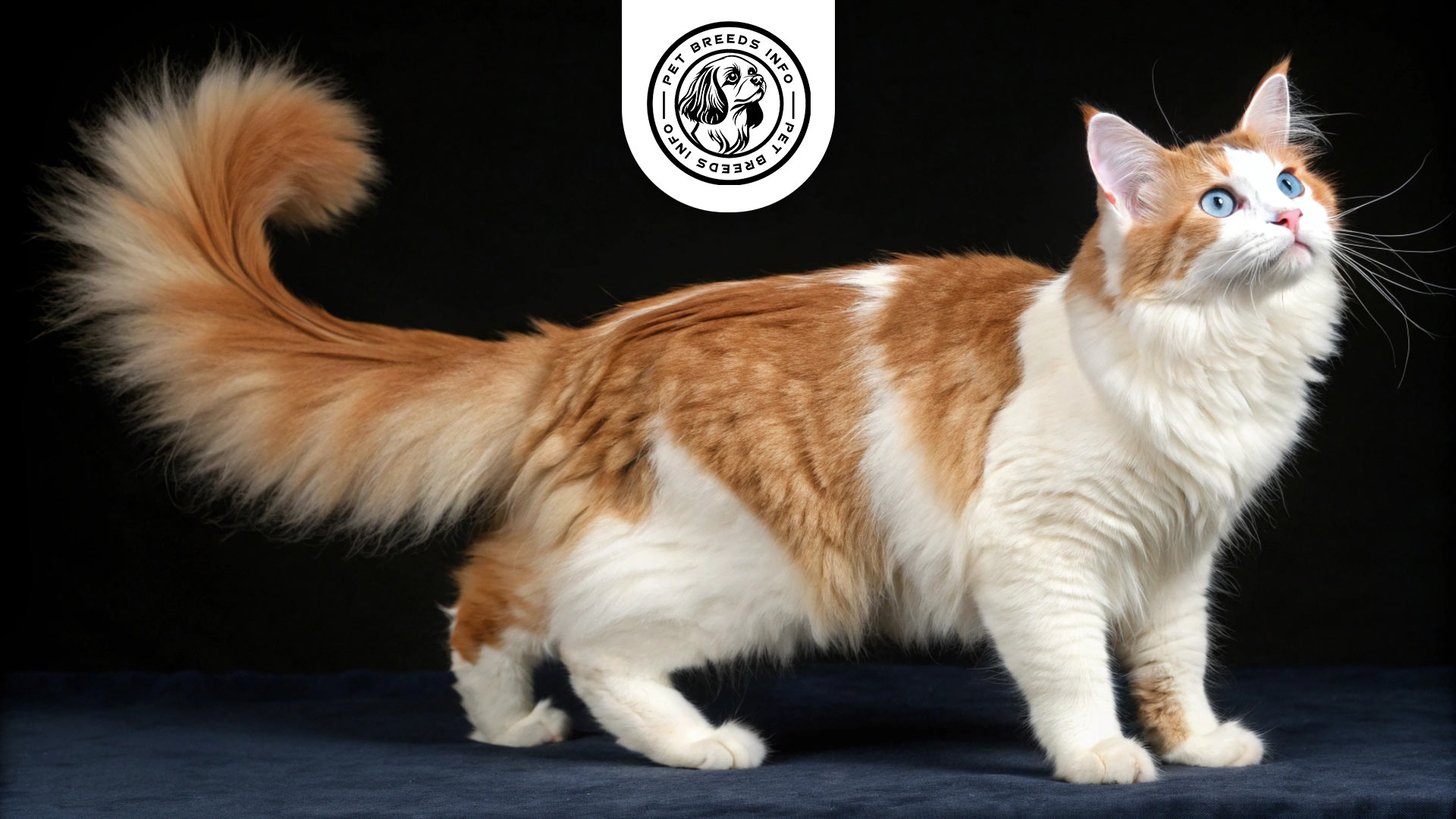
Personality and Temperament
The Turkish Van is a lively and intelligent breed, celebrated for its engaging personality and spirited temperament. Known for their high energy levels, these cats thrive on play and exploration, often displaying a kitten-like curiosity well into adulthood. Their sharp intelligence makes them quick learners, adept at solving puzzles or mastering interactive toys, which keeps them mentally stimulated. While deeply affectionate and capable of forming strong bonds with their owners, Turkish Vans maintain a sense of independence, striking a perfect balance between companionship and autonomy. This makes them ideal for families or individuals who appreciate a cat that enjoys interaction but doesn’t demand constant attention.
Social by nature, Turkish Vans are generally friendly with children and can coexist harmoniously with other pets when introduced properly, though they may assert a dominant streak in multi-pet households. They tend to be cautious around strangers, warming up gradually as trust builds. Sensitive to environmental changes, these cats benefit from a stable home and consistent routines. Their playful demeanor, paired with a love for water-based activities, adds a unique charm, making the Turkish Van a delightful and dynamic companion for those who can match their energetic and inquisitive spirit.
Read More: Dragon Li Cat
Care and Maintenance Requirements
Turkish Vans are active cats that require plenty of space to move and climb. They can adapt to apartment living, but they thrive in homes with vertical spaces and interactive play areas. Their semi-long coat does not mat easily and requires only weekly brushing to remove loose hair. Shedding increases slightly during seasonal changes. While they can tolerate cold temperatures, they may be sensitive to extreme heat. Regular hygiene practices such as nail trimming, ear cleaning, and dental care are recommended to maintain overall health.
Diet and Nutrition
A high-quality diet consisting of dry, wet, or raw food is ideal for Turkish Vans. They require a protein-rich diet to support their active lifestyle. Owners should avoid giving them dairy, chocolate, onions, and excessive carbohydrates. Portion sizes depend on their age, weight, and activity level, but generally, two to three small meals a day are recommended.
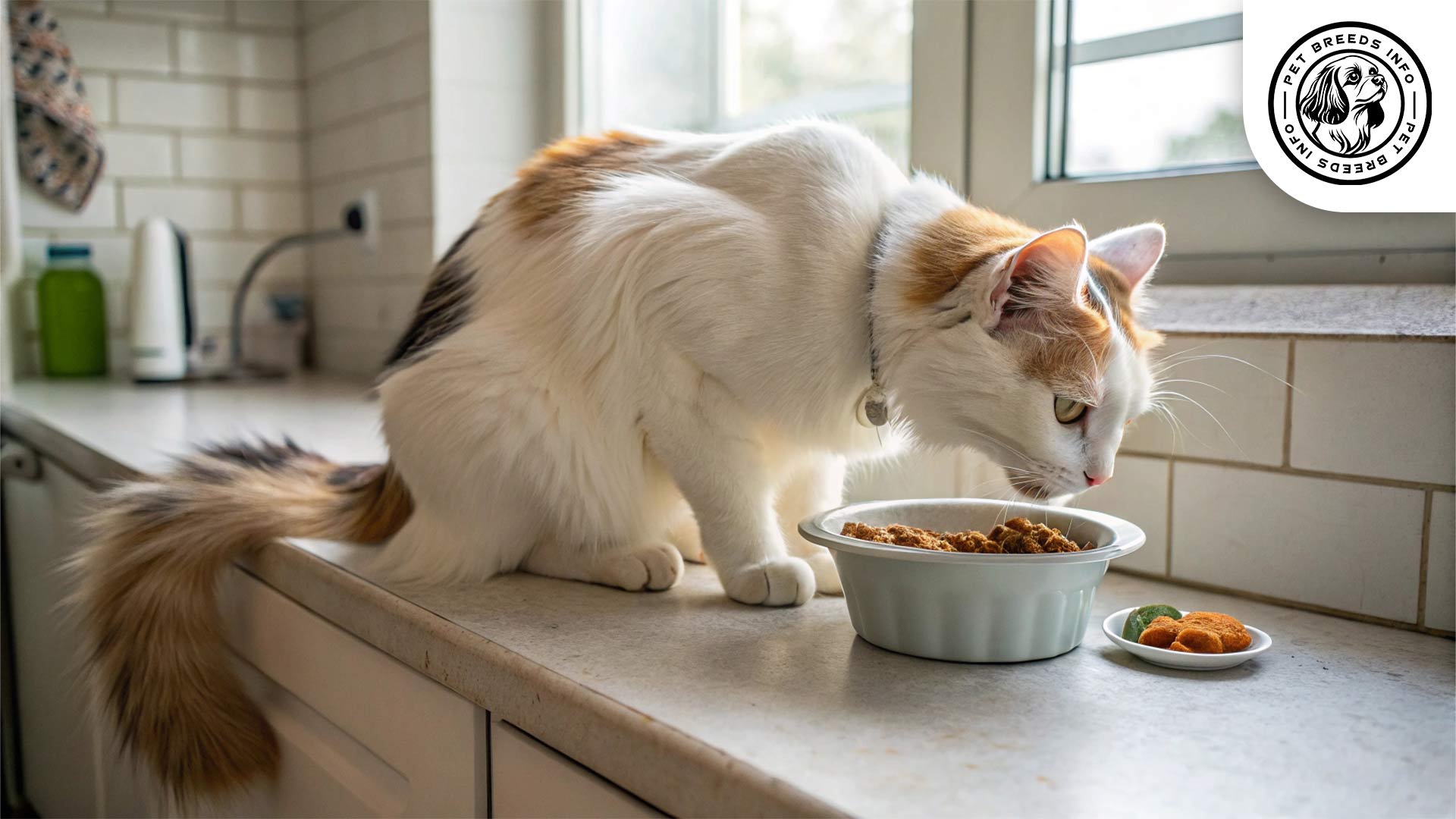
Health and Common Medical Issues
The Turkish Van is generally a healthy breed with a lifespan of 12 to 17 years. However, they may be prone to genetic conditions such as hypertrophic cardiomyopathy (HCM) and deafness, especially in all-white individuals. Regular veterinary check-ups, vaccinations, and preventive care are essential to maintaining their health.
Training and Behavior Management
The Turkish Van’s high intelligence and playful nature make it a highly trainable breed, responsive to positive reinforcement techniques such as treats, praise, or play. Their quick learning ability allows them to pick up commands, tricks, or even leash training with relative ease, especially when training sessions are engaging and interactive. Incorporating puzzle toys or play-based activities taps into their curious and energetic temperament, making training both effective and enjoyable. Early socialization is key to ensuring Turkish Vans adapt well to various environments, people, and other pets, helping them develop into confident and well-mannered companions.
Behavior management for Turkish Vans focuses on providing ample mental and physical stimulation to prevent boredom, which can lead to mischief in their active minds. Consistent routines and a stable environment help ease their sensitivity to change, while clear boundaries reinforce good habits. For instance, redirecting their love for climbing to designated cat trees can prevent unwanted exploration of furniture. With patience and a positive approach, owners can channel the Turkish Van’s vibrant energy into desirable behaviors, fostering a harmonious bond that highlights the breed’s intelligence and charm.
Read More: Himalayan Cat
Interaction with Other Animals and Humans
The Turkish Van enjoys human companionship but retains a degree of independence. They are affectionate with family members but may not enjoy excessive handling. They do well with children who respect their space. When introduced properly, they can coexist with other pets, though they may prefer being the dominant figure in a household. Their attachment to owners makes them excellent companions for families and individuals alike.
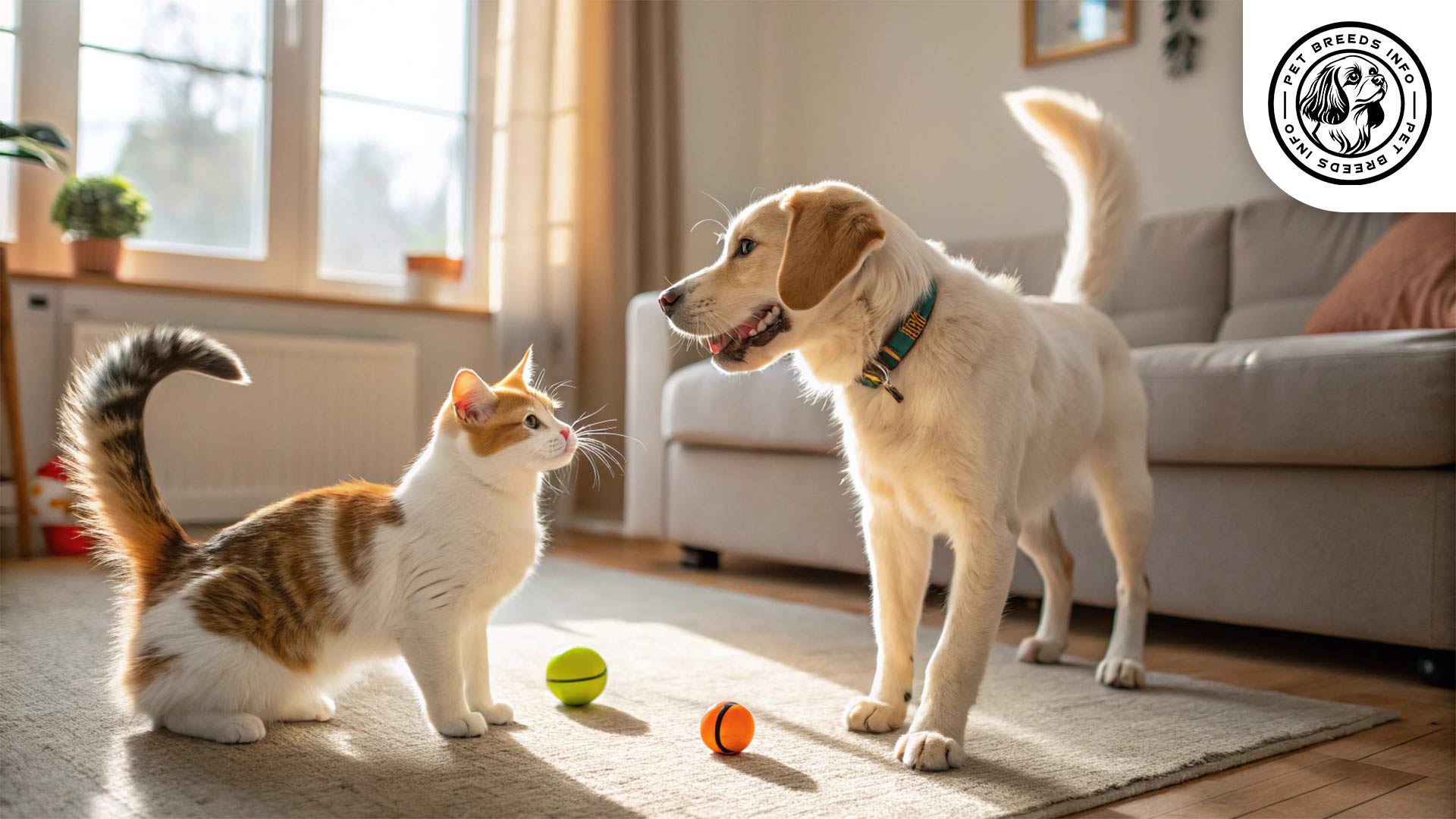
Price and Availability
The cost of a Turkish Van kitten typically ranges from $200 to $1,200, depending on pedigree and breeder reputation. When looking to adopt or buy, it is best to seek reputable breeders or rescue organizations. Potential owners should ensure they are adopting from ethical sources that prioritize the health and well-being of the cats.
Final Thoughts
The Turkish Van is a remarkable breed that combines elegance, intelligence, and a playful spirit, making it an exceptional choice for cat lovers seeking a dynamic and engaging companion. With its striking “Van pattern” coat, love for water, and affectionate yet independent nature, this breed brings a unique charm to any household. Ideal for active families or individuals who can provide ample playtime, mental stimulation, and a stable environment, the Turkish Van thrives in settings that cater to its energetic and curious personality. Its ability to form strong bonds while maintaining a touch of autonomy ensures a rewarding relationship for dedicated owners.
Before welcoming a Turkish Van into your home, consider its need for interactive toys, vertical spaces, and moderate grooming to keep its semi-long coat in top condition. Potential owners should also be prepared for regular veterinary care to monitor for breed-specific health concerns like hypertrophic cardiomyopathy or deafness. By meeting these needs, you can enjoy the vibrant companionship of a Turkish Van, a breed that not only captivates with its beauty and history but also enriches your life with its lively and loyal presence.
Read More: Khao Manee Cat
FAQ
Do Turkish Vans like water?
Yes, they are known for their unique love of water and may play in sinks or bathtubs.
How much grooming do Turkish Vans need?
Weekly brushing is enough, with extra grooming during seasonal shedding.
Are Turkish Vans good with kids?
Yes, they get along well with children who respect their space.
What health issues are common in Turkish Vans?
They may be prone to hypertrophic cardiomyopathy (HCM) and deafness, especially in all-white cats.
How much does a Turkish Van cost?
Prices range from $200 to $1,200, depending on the breeder and pedigree.
